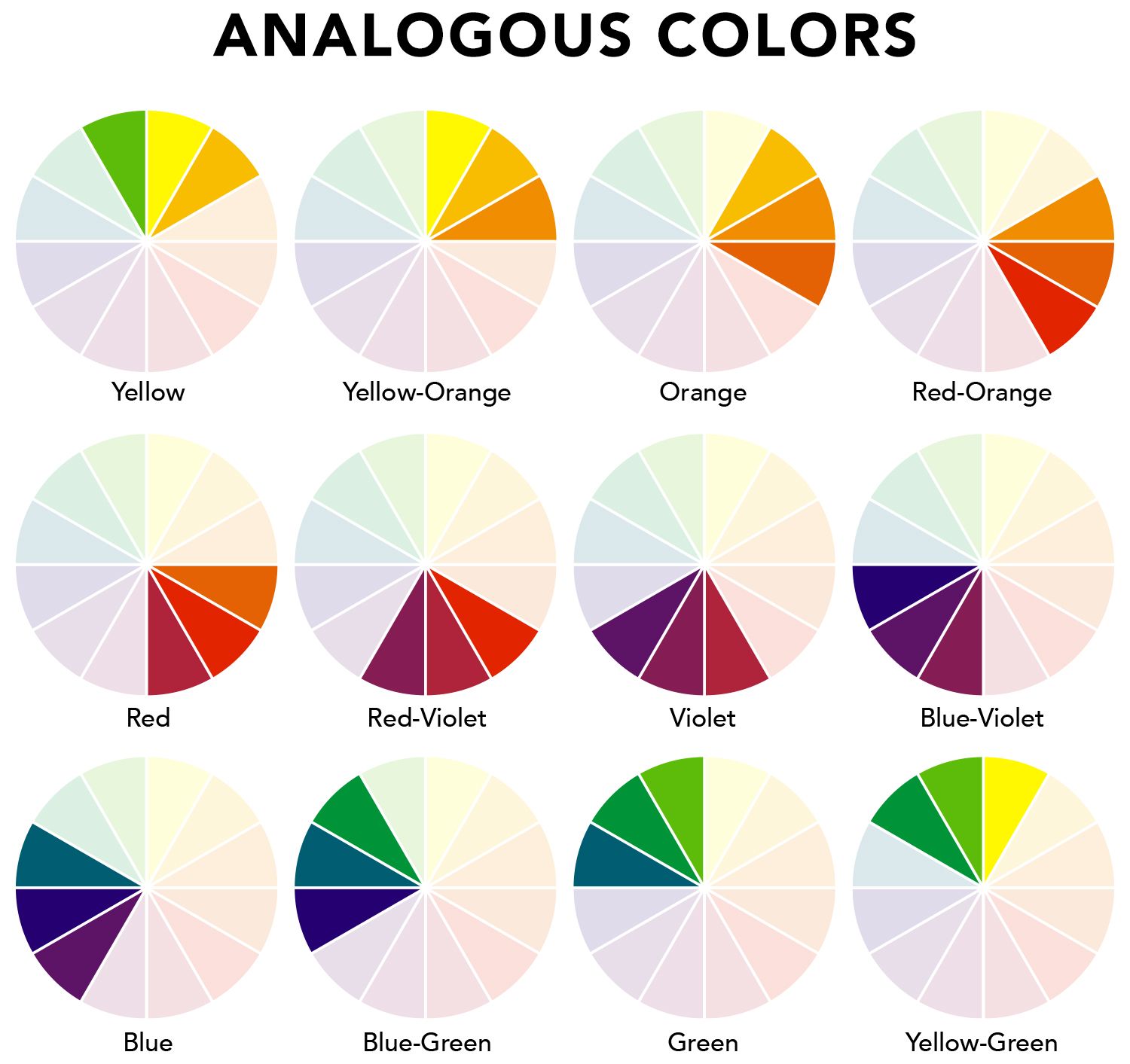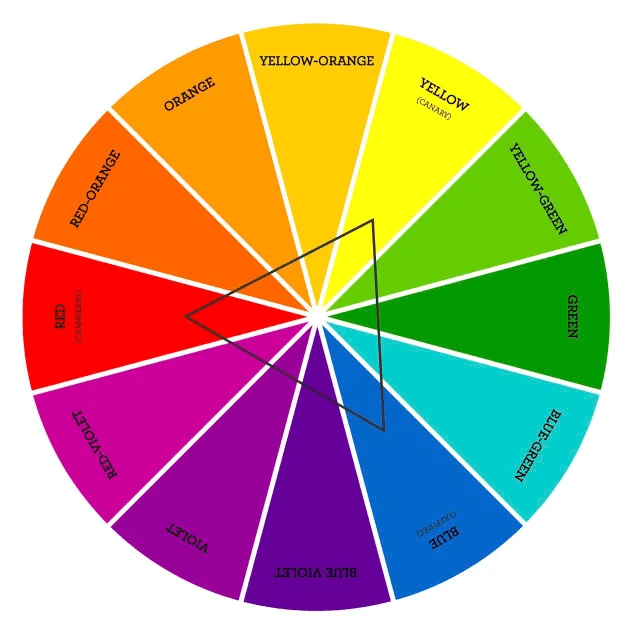COLOR THEORY
COLOR THEORY
What is Color Theory?
Color theory is the study of how colors work together and how they affect our
emotions and perceptions. It's like a toolbox for artists, designers,
and creators to help them choose the right colors for their projects.
Color theory enables you to pick colors that go well together and convey
the right mood or message in your work.
Monochromatic: Monochromatic color theory uses variations of a single hue (color) to create a cohesive and unified look, employing tints, tones, and shades of that base color.
Analogous: Analogous colors are groups of colors that are adjacent to each other on the color wheel, creating a harmonious and visually pleasing effect due to their similar nature and smooth transitions.
Complementary: Complementary colors are pairs of colors that are directly opposite each other on the color wheel, creating a strong contrast and vibrant appearance when used together.
Triadic: Triadic is a vibrant color scheme is created by using three colors that are evenly spaced around the color wheel, forming an equilateral triangle.
COLOR THEORY PART -2
* Color is measured with a Degree.
* Every color has a degree.
What is a primary color?
A: The source or mother color is called primary color.
What is a secondary color?
A: The color is generated from primary colors is called secondary color.
Which color is primary color?
Primary colors are
* Printing press
* Screen
* Manual
> printing press colors are (cyan, magenta, yellow, key(black))(CMYK)
> screen colors are (red, green, blue)(RGB)
> manual colors are (red, yellow, blue)(RYB)
Primary Colors are:
Red - 0 degree
Green- 120 degree
Blue- 240 degree
Secondary Colors are:
Red + Green = yellow(30 degree)
Green + Blue = cyan(180 degree)
Blue + Red = magenta(300 degree)
**>White is the bi-product of red, green, blue.
**>Black is the absence of all colors.
**>Yellow color reflects more on the screen called as Brightest color.
**>Blue is the darkest colors.
**>Cool colors are blue , green , violet.
**>Warm colors are red , yellow, orange.
How to find width of colors?
Color
>Hue
>Saturation
>Brightness








Comments
Post a Comment